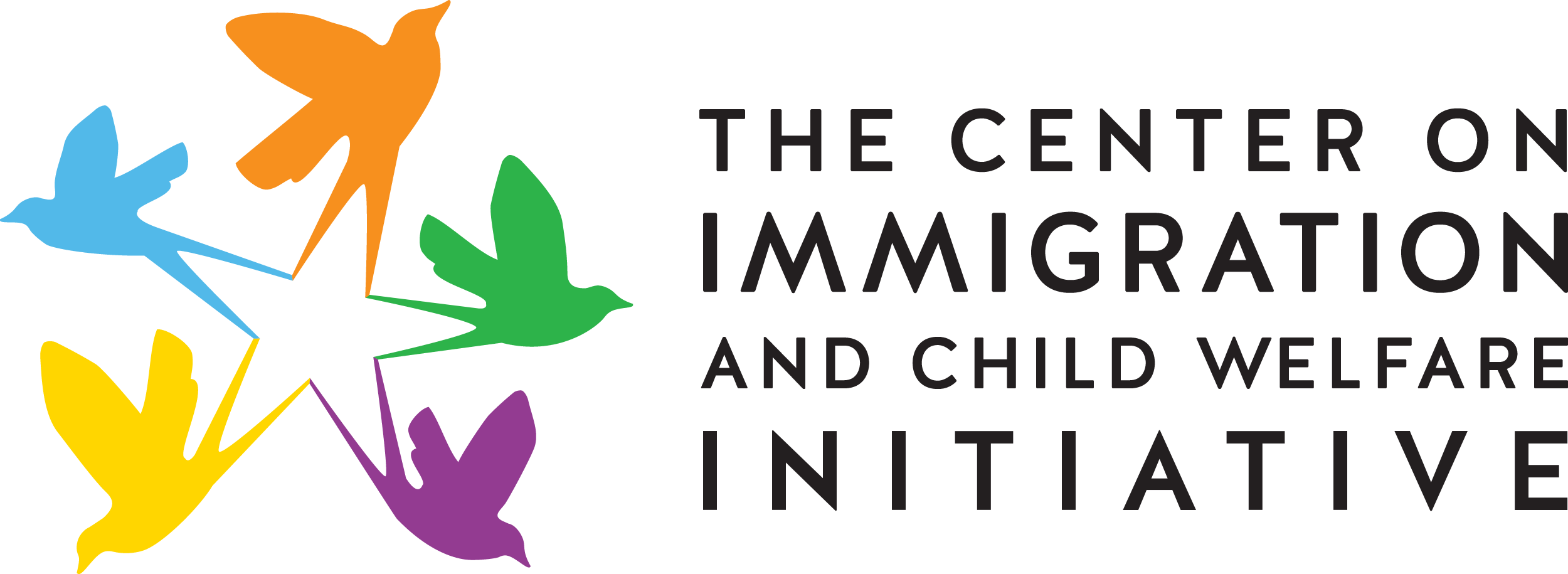HHS Official Urges Congress to Limit Migrant Family Separation
Camilo Montoya-Galvez, CBS News (April 9, 2019)
As some in the Trump administration press for a revival of its so-called “zero tolerance” policy, a top Health and Human Services (HHS) official urged Congress on Tuesday to act and limit the government’s authority to separate migrant children from their families.
Read More
